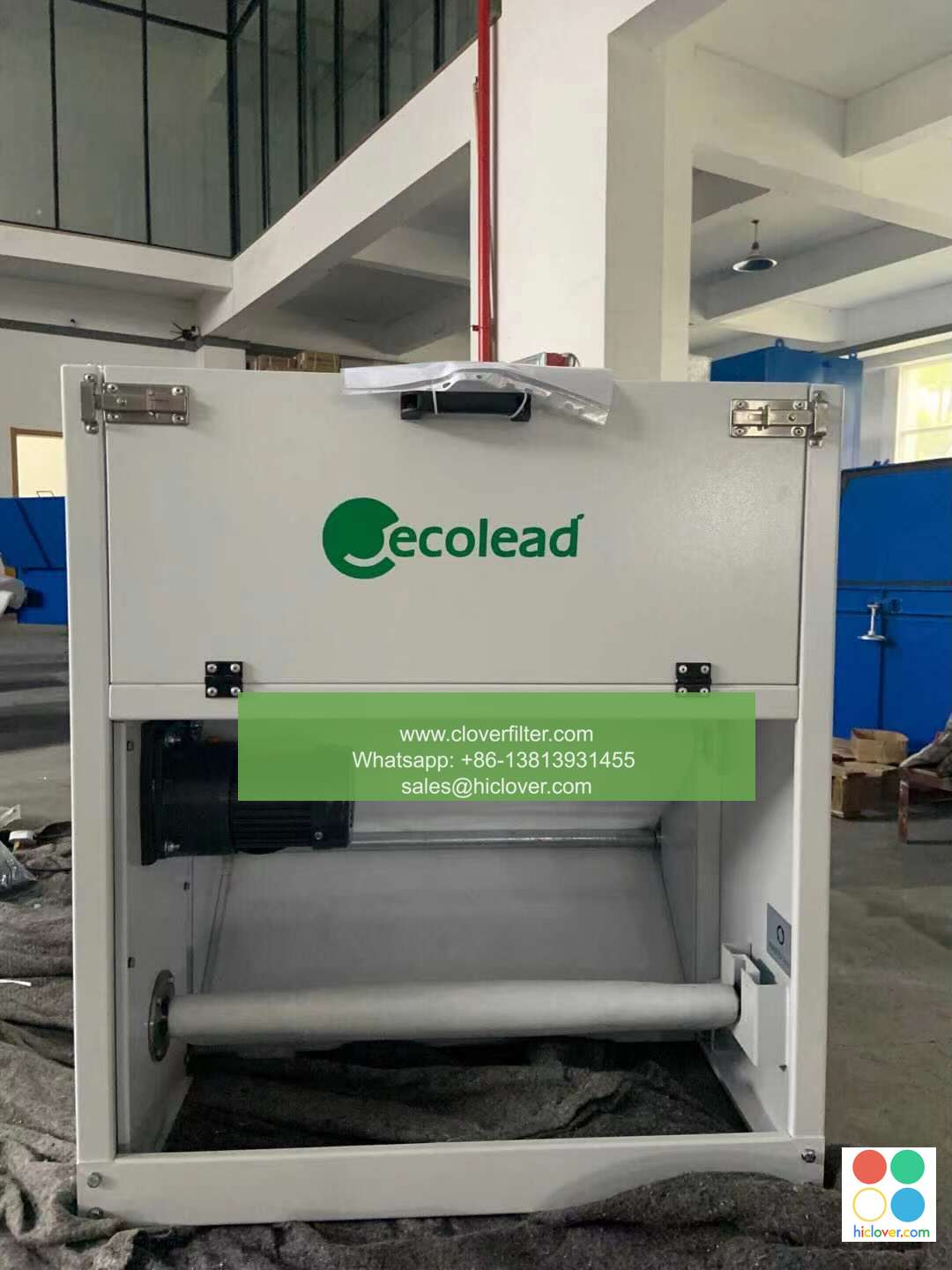The Importance of Air Filter Programs in Improving Indoor Air Quality

Indoor air quality (IAQ) has become a significant concern in recent years, especially with the increasing awareness of the impact of air pollution on human health. One of the most effective ways to improve IAQ is by implementing a comprehensive air filter program. In this article, we will discuss the importance of air filter programs, their applications, and the benefits they offer in maintaining good indoor air quality.
What are Air Filter Programs?
Air filter programs refer to a set of practices and procedures designed to ensure the proper selection, installation, maintenance, and replacement of air filters in heating, ventilation, and air conditioning (HVAC) systems. These programs are crucial in removing airborne pollutants, such as dust, pollen, mold, and other particulate matter, from the air, thereby improving indoor air quality.
Importance of Air Filter Programs
Air filter programs are essential for several reasons:
- Improved Indoor Air Quality: By removing airborne pollutants, air filter programs help maintain good IAQ, which is critical for the health and well-being of building occupants.
- Increased Energy Efficiency: A well-designed air filter program can help reduce energy consumption by minimizing the load on HVAC systems, which can lead to cost savings and a reduced carbon footprint.
- Extended Equipment Life: Proper air filter maintenance can help extend the life of HVAC equipment by reducing the risk of damage caused by dirty or clogged filters.
- Compliance with Regulations: Air filter programs can help building owners and managers comply with indoor air quality regulations and standards, such as those set by the American Society of Heating, Refrigerating, and Air-Conditioning Engineers (ASHRAE) and the Occupational Safety and Health Administration (OSHA).
- Commercial Buildings: Office buildings, shopping centers, and other commercial establishments can benefit from air filter programs to maintain good IAQ and improve occupant health.
- Healthcare Facilities: Hospitals, clinics, and other healthcare facilities require air filter programs to maintain a high level of IAQ, which is critical for patient health and safety.
- Industrial Settings: Manufacturing facilities, warehouses, and other industrial settings can benefit from air filter programs to remove airborne pollutants and improve worker health.
- Residential Buildings: Homeowners can also benefit from air filter programs to improve IAQ and reduce the risk of respiratory problems.
- Filter Selection: Choosing the right air filter for the specific application, taking into account factors such as filter efficiency, airflow, and pressure drop.
- Filter Maintenance: Regularly inspecting and maintaining air filters to ensure they are functioning properly and not causing problems with the HVAC system.
- Filter Replacement: Replacing air filters at the recommended interval to ensure optimal performance and IAQ.
- Monitoring and Testing: Regularly monitoring and testing IAQ to ensure the air filter program is effective and making adjustments as needed.
- Improved Occupant Health: By removing airborne pollutants, air filter programs can help reduce the risk of respiratory problems and other health issues.
- Increased Productivity: Good IAQ can improve occupant comfort and productivity, leading to increased efficiency and better overall performance.
- Cost Savings: Air filter programs can help reduce energy consumption and extend equipment life, leading to cost savings and a reduced carbon footprint.
- Compliance with Regulations: Air filter programs can help building owners and managers comply with indoor air quality regulations and standards.
Applications of Air Filter Programs
Air filter programs have a wide range of applications across various industries, including:
Key Components of an Effective Air Filter Program
An effective air filter program should include the following key components:
Benefits of Air Filter Programs
The benefits of air filter programs are numerous, including:
In conclusion, air filter programs are a critical component of maintaining good indoor air quality. By implementing a comprehensive air filter program, building owners and managers can improve occupant health, increase productivity, and reduce costs. Whether in commercial, healthcare, industrial, or residential settings, air filter programs are essential for ensuring a healthy and safe indoor environment.
You haven’t asked a question or provided any context. Please provide more information so I can assist you better. What would you like to talk about or ask?

